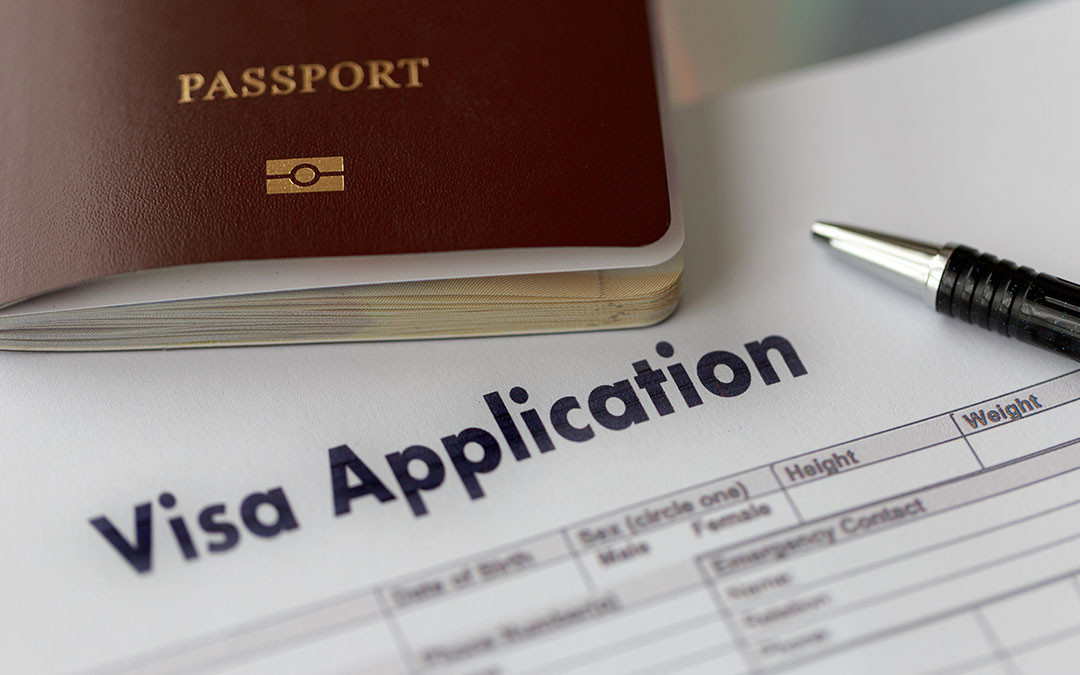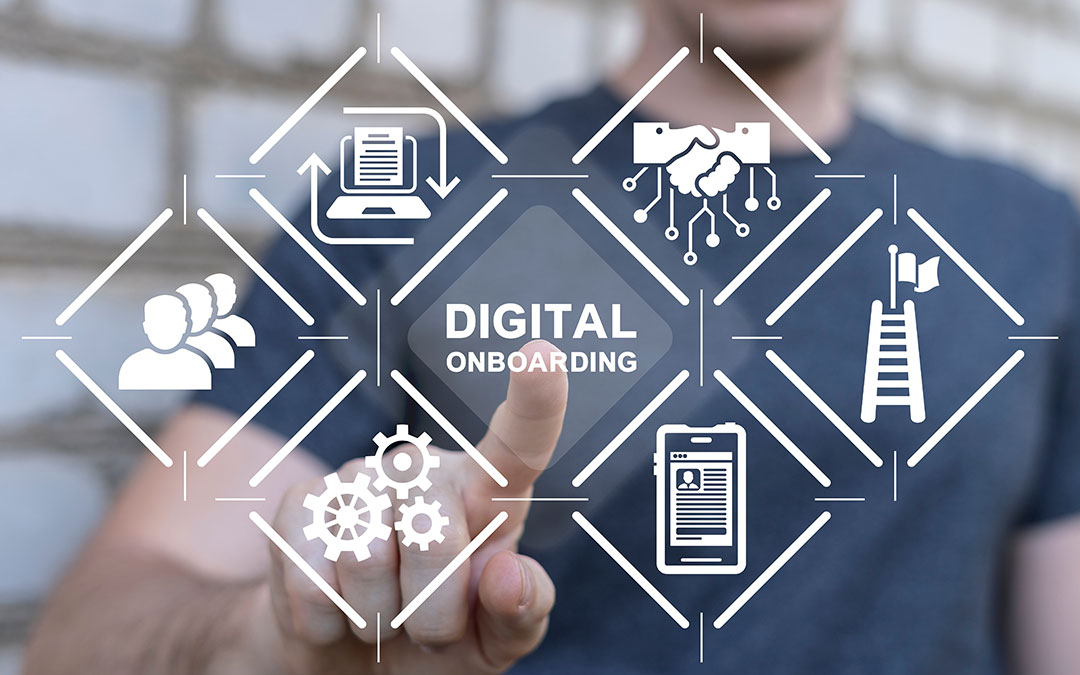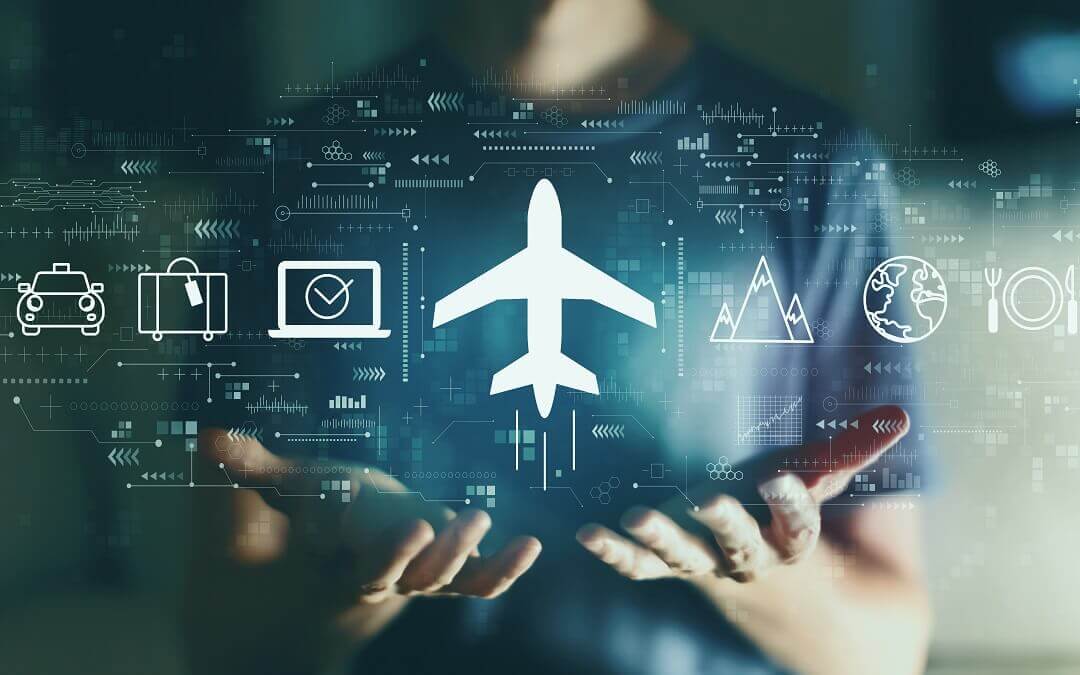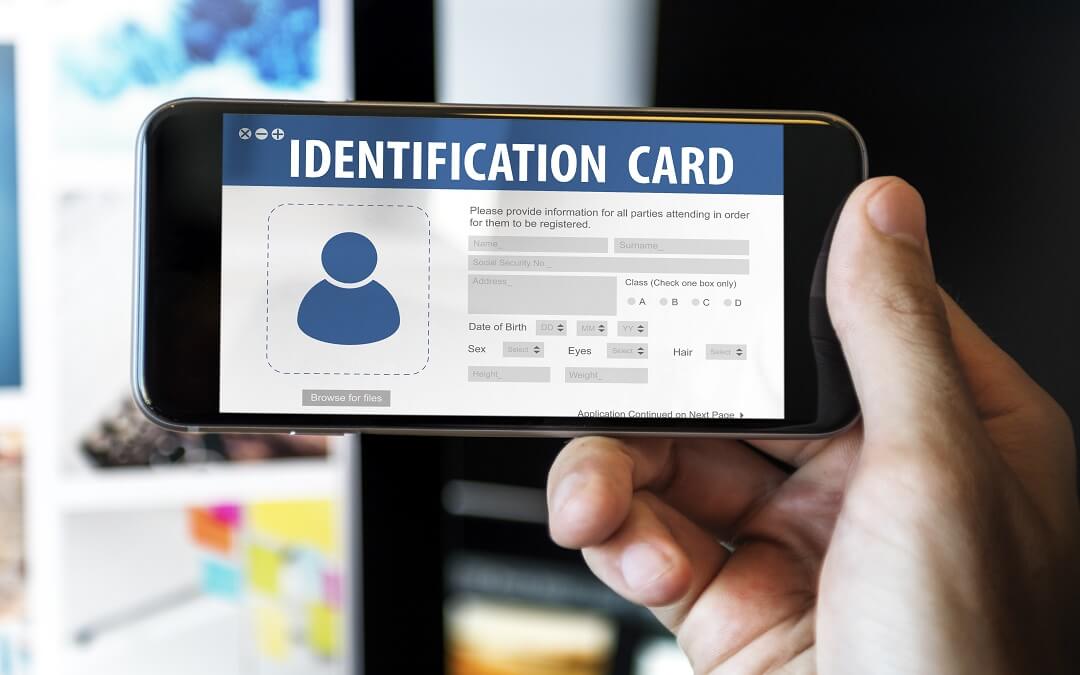- Technology
- Uploaded In: 2022
How AI Voice Technology can revolutionise travel
Move over text, the new age of digital evolution revolves around voice as a mode of digital data. Artificial Intelligence has silently taken over much of our daily lives and homes without most of us even realising it, with voice playing a lead role. While smartphones have been part of our routine for a long time now, voice assistants are a new rage, assisting us in our day-to-day lives.
Voice assistants use voice recognition, speech synthesis and natural language processing (NLP) to provide a service through a particular application. Assistants like Alexa and Google Home have become an important part of families, assisting them with everything from listening to music, shopping, booking cabs and integrating with IoT devices to even control home equipment and secure homes.
Voice to account for most search queries
With the increased usage of mobile phones, usage of voice for all services including search queries is bound to increase, and by 2020 is expected to be used in 50% of all services.
Where can AI be applied to voice?
Call centres, predominantly on voice, can leverage the use of AI to provide a delightful experience for customers. Imagine the journey of a customer calling up the call centre. The voice bot greets the customer by name as soon as his call is answered, automatically identified based on his voice or registered mobile number where no authentication is required.
The reason for which the customer has called up the call centre is pre-empted by the AI-powered system, which connects with back-end systems and proactively provides the necessary details even before the request is made.
For any specific transactions, the customer directly moves to the specific queue and responds to pointed questions with no need to move through complicated IVR queues. In this way, AI empowers organisations as well as customers to move to a completely self-powered servicing journey.
Speech analytics technology has provided ways and means for organisations to understand customer needs and expectations better by analysing calls: duration of the call, the reason for making the call, customer sentiments, the organisation's ability/inability to service the customer, call centre agents ability to handle the call. This can help organisations make drastic changes in the way they service customers by aligning with expectations.
CASE STUDY: ViVA
In a highly controlled and regulated industry involving governments, including visa processing and other citizen services, VFS Global launched its own chatbot, ViVA, an AI-powered chatbot, the first in the visa services industry.
ViVA was launched by VFS Global in 2018 to provide 24-hour-a-day, 365 days-a-year, highly nuanced responses to applicant queries on visa application processes, categories, rules and regulations. It can handle 10,000 inquiries per second 24/7, or 864 million in a day, significantly reducing the turnaround time of applicant queries. ViVA has also reduced the time required to complete an e-visa application by more than 50% using AI.
ViVA is pre-emptive in nature and provides relevant information based on the requests made. Applicants seeking visa application status updates are provided with other relevant information, including document pickup and delivery options. With real-time monitoring of customer journey and co-browse feature, real-time assistance is provided to applicants facing issues online.
VFS Global is also exploring the usage of AI in many other use cases, which can significantly improve servicing, enable remote processing, and reduce process time.
How has travel been impacted by Artificial Intelligence?
AI can play a significant role in enriching customer experience in the travel industry, as it does in other consumer-facing industries. A customer looking to travel seeks a fulsome experience right from the time he plans his travel. The services sought by him cover a range of industries, including visa processing, forex, airline ticket booking, food, hotel accommodation, local tourism, insurance, etc.
AI can play an enriching role by connecting all these dots together, also playing the role of consulting, with no role of manual interventions. AI algorithms, based on historical experiences and practices, can mimic human interactions with minimal error, high security, and problem-solving capabilities.
Travel-related companies are making investments in AI-powered technological features for everything from checking into a hotel to applying for a visa.
Whereas AI solutions were originally developed at a demographic level—in other words, customised for a broad group of people with similar characteristics— it can now tailor solutions for an individual, recognising the unique demands each individual has.
It is now amply clear that AI and similar digital assets may be useful complements to human resources for most companies in the consumer services space. In travel-related services, too, AI is just the right platform to trigger a revolution and take customer experience to the next level.
If you have any feedback on this article or would like to reach out to our team to know more, please email us at
communications@vfsglobal.com














